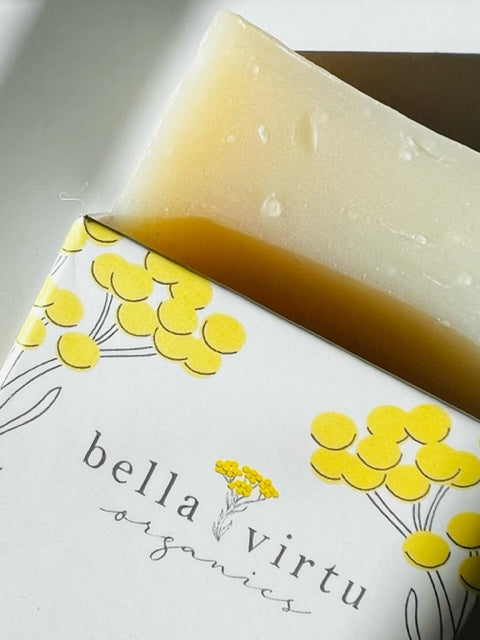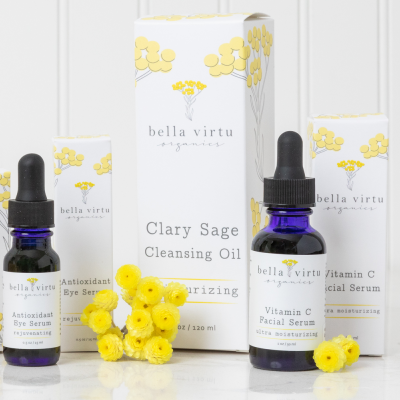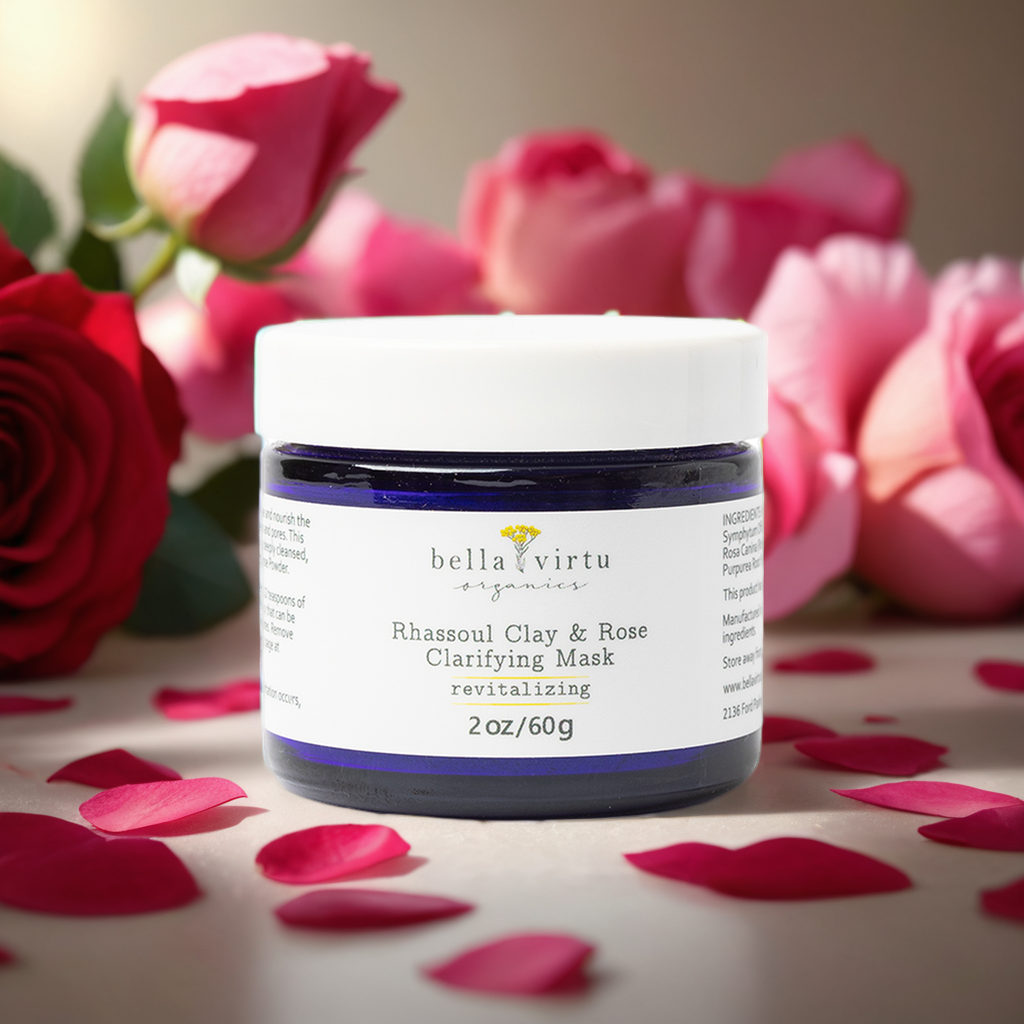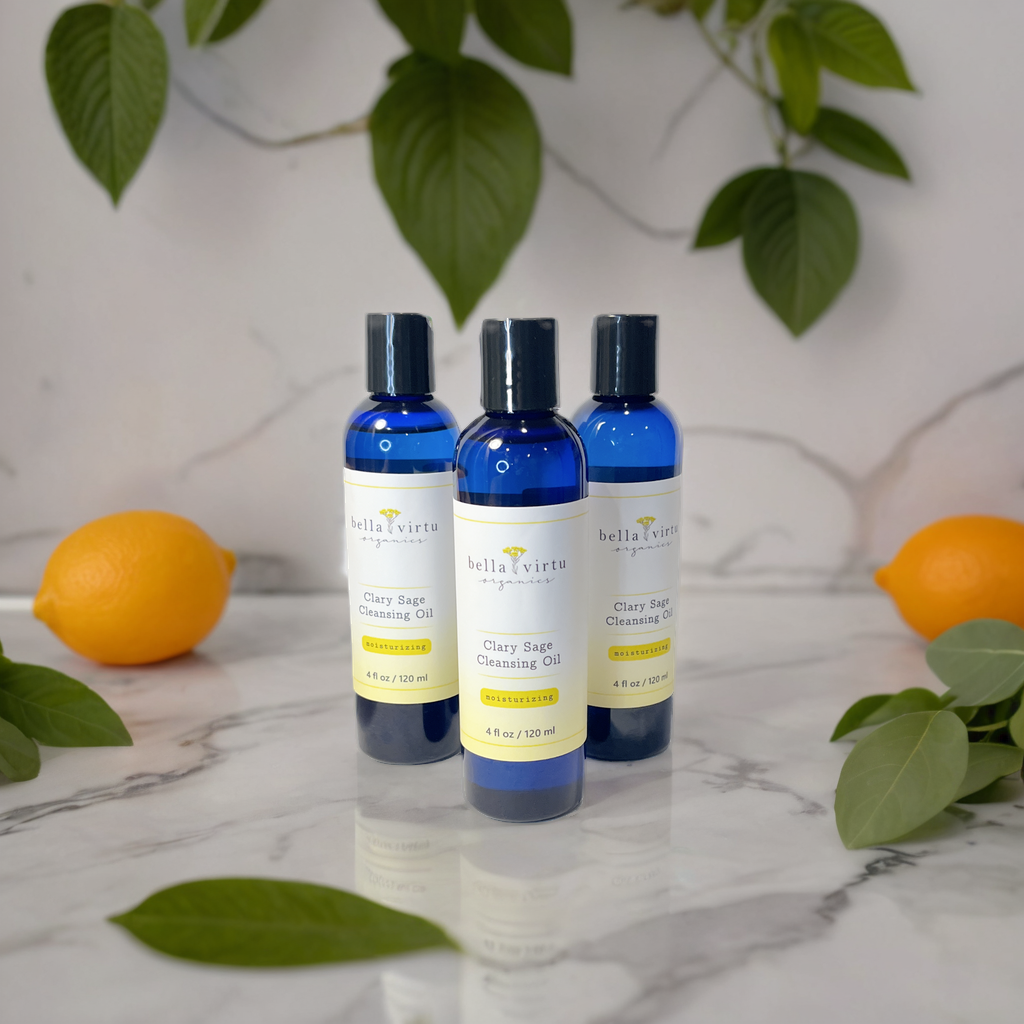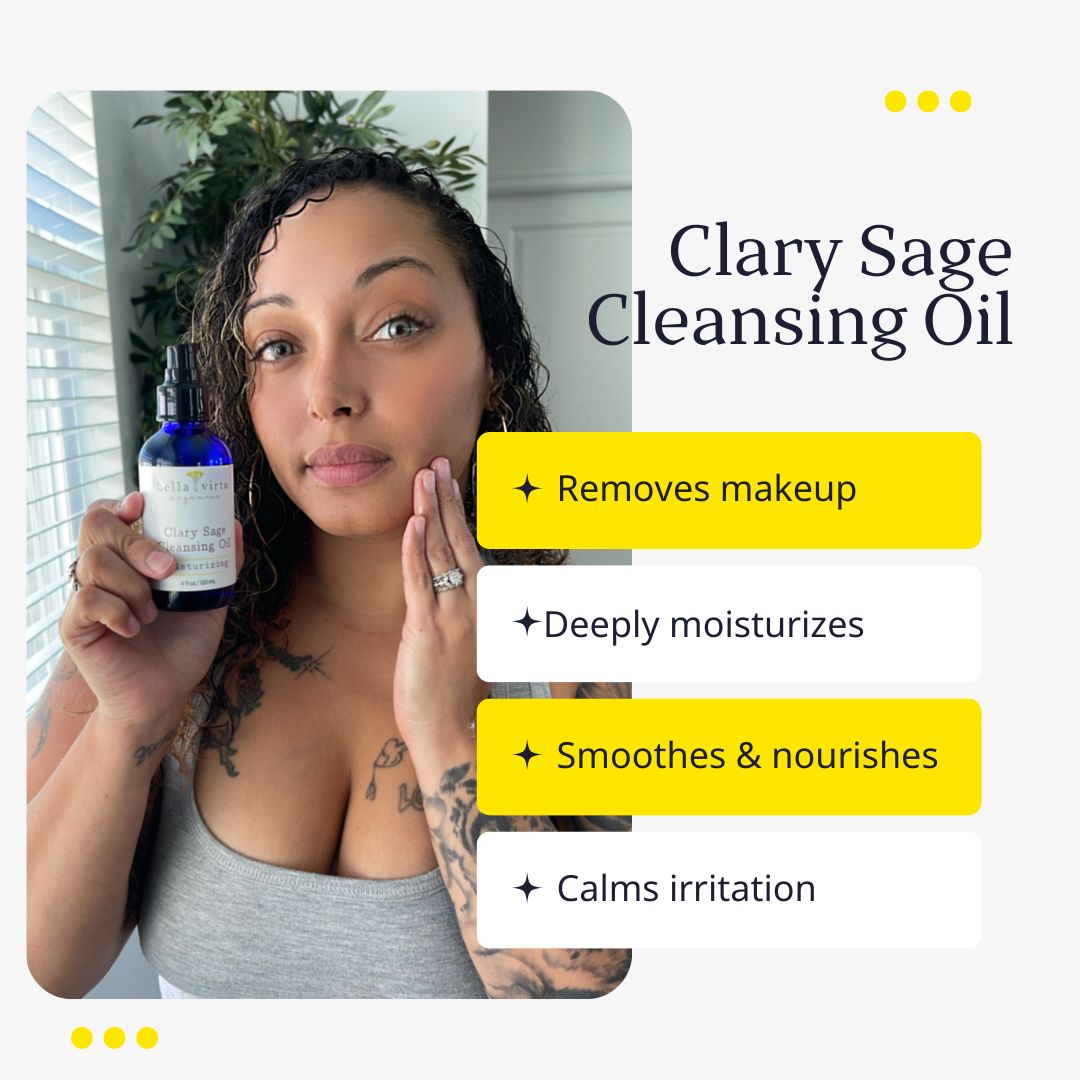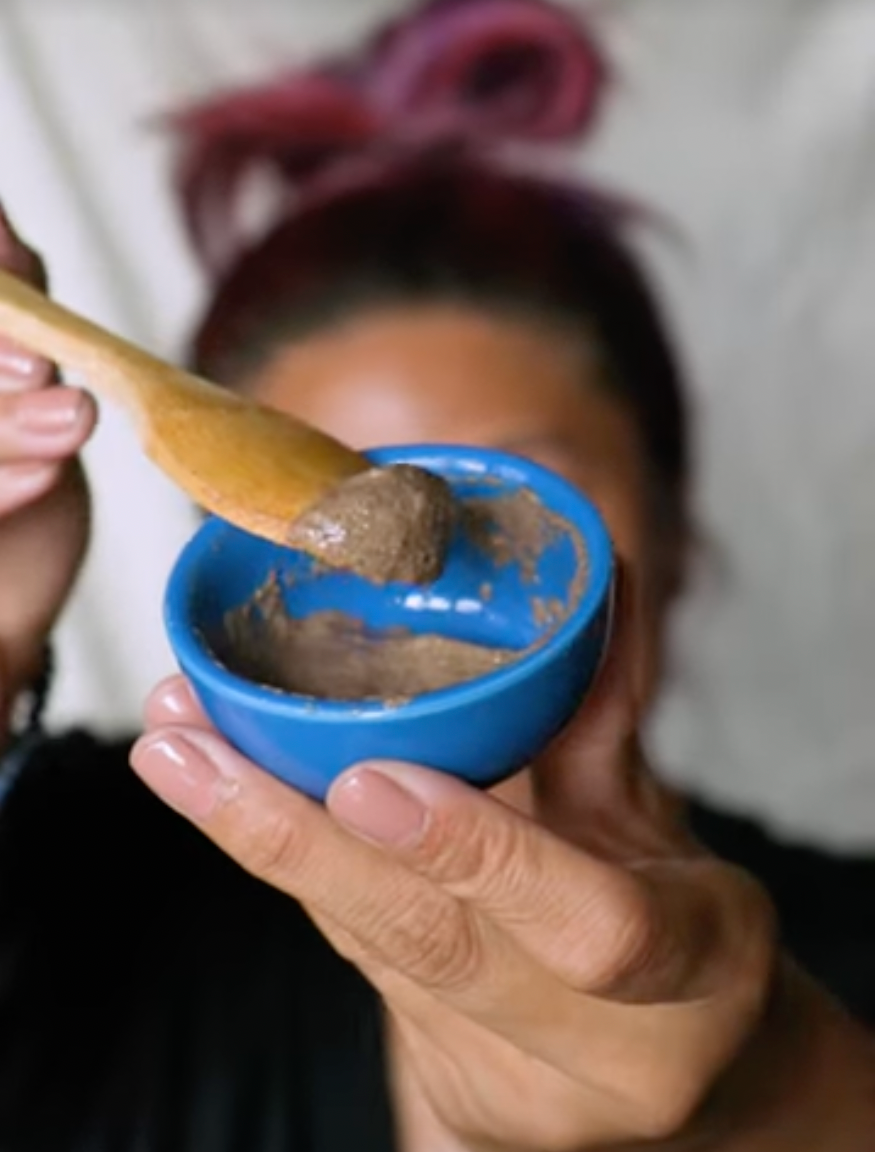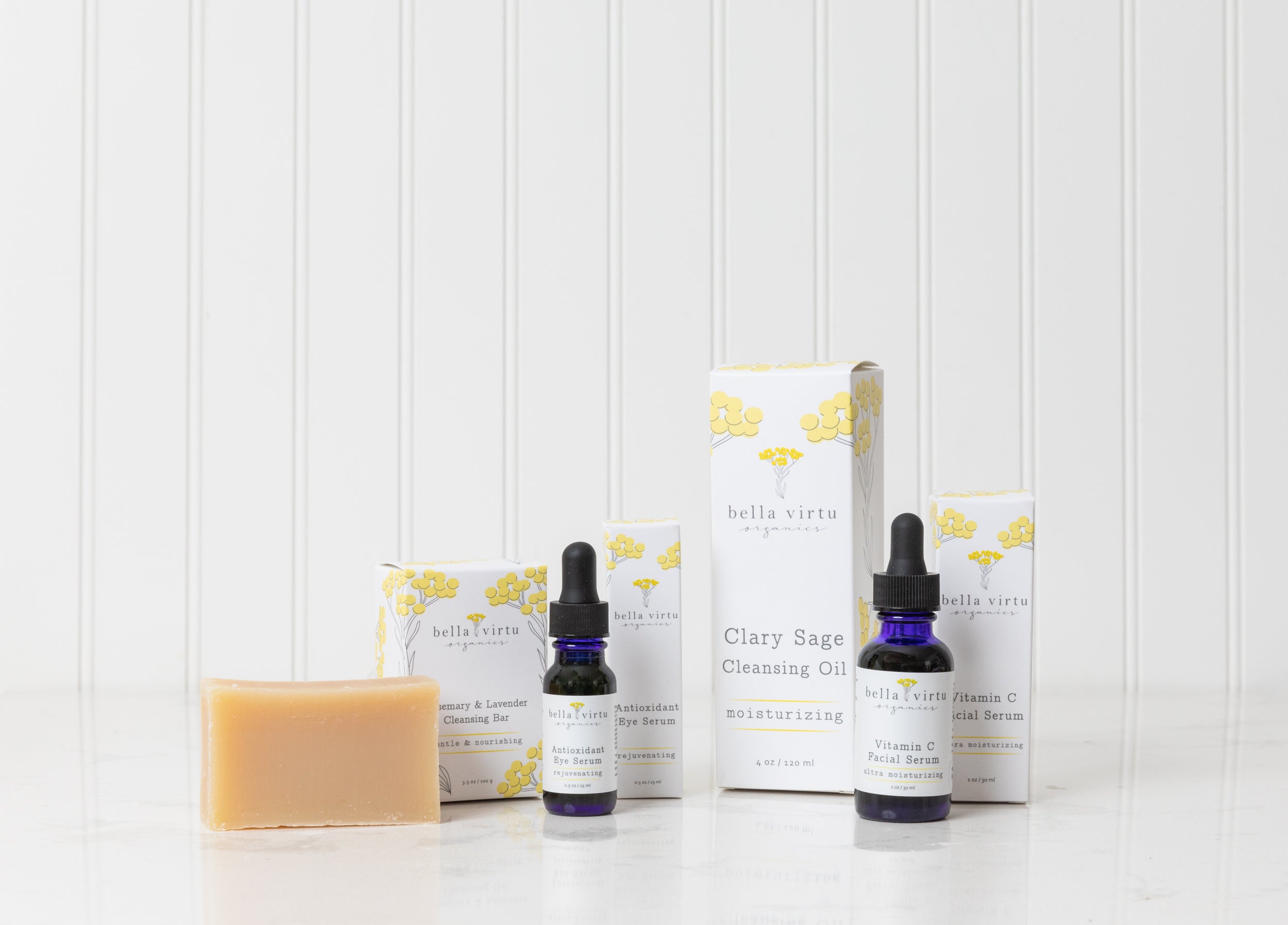Understanding Age Spots: Causes and Concerns
Age spots, also known as liver spots or sunspots, are flat, brown patches that appear on the skin as we age. Caused by prolonged exposure to the sun's harmful UV rays, these spots typically develop on areas of the body that receive the most sun exposure, such as the face, hands, shoulders, and arms. While age spots are harmless and do not require medical treatment, many individuals seek ways to reduce their appearance for cosmetic reasons.
Age spots occur due to an overproduction of melanin, the pigment responsible for giving color to our skin. As we age, our skin's ability to regenerate and distribute melanin evenly diminishes, leading to the formation of these dark patches. Other factors that contribute to age spot development include genetics, hormonal changes, and certain medications.
Although age spots are not a cause for concern in terms of health risks, they can impact one's self-esteem and confidence. Many people turn to skincare solutions like vitamin C serum to help fade these unwanted blemishes and achieve a more even complexion. In the following sections, we will delve into the power of vitamin C in skincare and explore how it can effectively remove age spots.

The Power of Vitamin C in Skincare: An Overview
Vitamin C has long been hailed as a powerhouse ingredient in skincare, and for good reason. Its potent antioxidant properties make it a key player in combating the signs of aging, including age spots. When applied topically, vitamin C serum can help to brighten the skin, fade hyperpigmentation, and even out skin tone.
One of the main reasons why vitamin C is so effective is its ability to inhibit the production of melanin, the pigment responsible for dark spots. By doing so, it helps to fade existing age spots and prevent new ones from forming.
In addition to its brightening effects, vitamin C also stimulates collagen production, which can improve the overall texture and firmness of the skin. This can further contribute to a more youthful appearance.
When choosing a vitamin C serum, look for one that contains a stable form of vitamin C, such as L-ascorbic acid or ascorbyl tetraisopalmitate. These forms are more likely to penetrate the skin and deliver optimal results.
To reap the full benefits of vitamin C serum, it's important to use it consistently and in conjunction with other skincare products that complement its effects. With regular use and proper application techniques, you can harness the power of vitamin C to effectively fade age spots and achieve a more radiant complexion.
Unveiling the Science Behind Age Spot Removal with Vitamin C Serum
Age spots, also known as liver spots or sunspots, can be a cause of concern for many individuals. These dark patches on the skin are typically caused by prolonged exposure to UV radiation from the sun and an overproduction of melanin.
The use of Vitamin C serum has gained popularity in recent years for its potential to fade age spots and restore a more even skin tone. When applied topically, Vitamin C acts as an antioxidant that helps neutralize free radicals and prevents further damage to the skin.
Vitamin C, also known as L-ascorbic acid, stimulates collagen production, which plays a vital role in maintaining skin elasticity and firmness. Additionally, it inhibits tyrosinase activity - an enzyme responsible for melanin production - thus helping reduce hyperpigmentation.
Furthermore, vitamin C possesses exfoliating properties that encourage cell turnover and help slough off dead skin cells. This process allows new healthier cells to emerge while fading away existing age spots gradually.
While results may vary depending on individual factors such as skin type and severity of age spots, incorporating vitamin C serum into your daily skincare routine can potentially lead to brighter, more youthful-looking skin with diminished signs of aging.
Remember: It is crucial to choose a high-quality vitamin C serum with stable packaging (preferably in dark glass bottles) to ensure maximum effectiveness. Consultation with a dermatologist is always recommended before introducing any new skincare product into your routine.
How Does Vitamin C Work to Fade Age Spots? Exploring Mechanisms & Benefits
Vitamin C, also known as ascorbic acid, is a powerful antioxidant that plays a crucial role in maintaining healthy skin. When it comes to fading age spots, vitamin C works in several ways.
Firstly, it inhibits the production of melanin, the pigment responsible for dark spots. By suppressing the activity of tyrosinase, an enzyme involved in melanin synthesis, vitamin C helps to lighten and even out skin tone.
Secondly, vitamin C boosts collagen production. Collagen is a protein that provides structure and elasticity to the skin. As we age, collagen levels naturally decline, leading to sagging and wrinkling. By stimulating collagen synthesis, vitamin C helps to plump up the skin and reduce the appearance of age spots.
Additionally, vitamin C has anti-inflammatory properties that can help calm irritated skin and reduce redness associated with age spots.
To reap the full benefits of vitamin C for age spot reduction, it's important to choose a high-quality serum with a stable form of vitamin C, such as L-ascorbic acid or ascorbyl tetraisopalmitate. Apply the serum to clean, dry skin and follow up with a moisturizer and sunscreen for optimal results.
Remember that consistency is key when using vitamin C serum for age spot removal. With regular use and proper skincare practices, you can harness the power of this potent antioxidant to fade those pesky age spots and achieve a more youthful complexion.
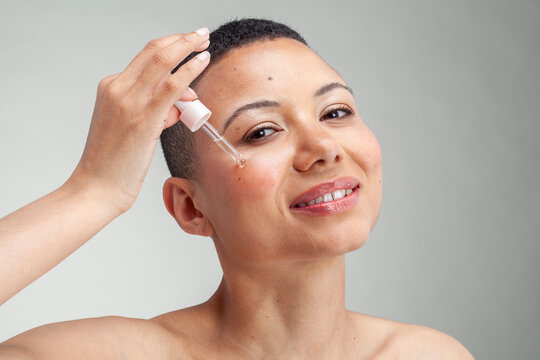
Proven Techniques for Applying Vitamin C Serum to Targeted Areas
Key Phrases: targeted areas, applying vitamin C serum
When it comes to fading age spots, applying vitamin C serum directly to the targeted areas is crucial. To achieve optimal results, it's important to follow proven techniques. First, cleanse your skin thoroughly and pat it dry. Then, take a small amount of vitamin C serum and gently massage it onto the affected areas using circular motions. Allow the serum to fully absorb before applying any other skincare products. For best results, apply the serum twice daily, in the morning and evening. Remember to protect your skin from harmful UV rays by using sunscreen during the day. With consistent application and proper technique, you can effectively diminish those pesky age spots.
Maximizing Results: Layering and Combining Vitamin C Serum with Other Skincare Products
When it comes to maximizing the results of your vitamin C serum for age spot reduction, one key technique is layering and combining it with other skincare products. This allows for a synergistic effect, enhancing the overall effectiveness of your skincare routine. By applying a few drops of vitamin C serum to clean skin, allow it to absorb fully before proceeding with other steps in your routine.
One important thing to note is that you should always apply your sunscreen as the final step. Sun protection is crucial in preventing further damage and maintaining the results achieved through using vitamin C serum. Remember, consistency is key when it comes to achieving optimal outcomes with any skincare product!
Precision Application: Tools and Methods for Effectively Targeting Specific Areas with Vitamin C Serum
When it comes to fading age spots with vitamin C serum, precision application is key. To effectively target specific areas, there are a few important tools and methods you can utilize. First, make sure to cleanse your skin thoroughly before applying the serum. This will ensure maximum absorption and effectiveness. Second, use a small dropper or pipette to apply a few drops of the serum directly onto the age spots. Gently massage the serum into the skin using circular motions until fully absorbed. By focusing on the targeted areas, you can enhance the serum's ability to fade age spots and achieve optimal results.
Combining Diet and Topical Solutions for Optimal Age Spot Reduction
The Power of Vitamin C: A Key Ingredient for Age Spot Reduction
When it comes to reducing age spots, incorporating vitamin C into both your diet and skincare routine can be highly beneficial. Vitamin C is a powerful antioxidant that helps combat the damage caused by free radicals, which contribute to the formation of age spots. This essential nutrient also plays a crucial role in collagen synthesis, promoting skin elasticity and reducing the appearance of dark spots. By consuming foods rich in vitamin C, such as citrus fruits and leafy greens, and applying topical solutions like vitamin C serums directly to targeted areas, you can enhance your skin's natural ability to fade age spots and achieve a more youthful complexion.
The Role of Diet in Age Spot Reduction: Nourishing Your Skin from Within
A healthy diet plays a crucial role in reducing age spots and enhancing the effectiveness of topical solutions, such as vitamin C serum. Incorporating key nutrients into your daily meals can help nourish and revitalize your skin.
-
*Antioxidant-rich foods: Boost your intake of fruits and vegetables - particularly those high in vitamins* A, C, and E - to protect your skin against free radicals that contribute to age spots.
-
*Omega-3 fatty acids: Include sources like salmon, chia seeds, or walnuts to reduce inflammation and promote healthy cell turnover*.
Remember, while skincare products are essential for tackling age spots externally, taking care of your body from within is equally important for achieving optimal results.
Topical Solutions for Age Spot Reduction: How Vitamin C Serum Works
Vitamin C serum has gained significant popularity as an effective topical solution for reducing age spots. Its powerful antioxidant properties play a key role in lightening and evening out skin tone. When applied to the skin, vitamin C helps inhibit the production of melanin, the pigment responsible for dark spots, leading to a gradual fading of age spots over time. The serum also promotes collagen synthesis, improving overall skin texture and elasticity.
By nourishing your skin with vitamin C-rich products like serums or creams, you provide it with essential nutrients needed to repair damage caused by sun exposure and aging. These topical solutions work synergistically with a balanced diet rich in fruits and vegetables, which further enhance their effectiveness in reducing age spots.
Maximizing Results
Maximizing Results: Unlocking the Potential of Diet and Topical Solutions
To achieve optimal age spot reduction, it's essential to combine the power of diet and topical solutions. By incorporating key nutrients into your diet, such as foods rich in antioxidants like vitamin C, you can support skin health from within. This means consuming citrus fruits, leafy greens, and berries regularly.
In addition to a nutritious diet, using a high-quality vitamin C serum is crucial for targeting age spots directly. Look for serums that contain at least 10-20% L-ascorbic acid - the most effective form of vitamin C - and apply them topically to the affected areas twice daily. Combining these approaches allows you to harness the synergistic benefits of dietary intake and targeted application for maximum results in reducing those pesky age spots.
In conclusion, the role of vitamin C serum in removing age spots cannot be underestimated. Age spots can be a cause of concern for many individuals, but with the right approach and skincare routine, they can effectively fade away. Vitamin C is a powerful ingredient that has been extensively studied for its ability to brighten and even out skin tone.
By understanding the causes and concerns associated with age spots, we can better appreciate how vitamin C works to combat them. Its antioxidant properties help to neutralize free radicals and prevent further damage to the skin. Additionally, vitamin C stimulates collagen production, which aids in reducing the appearance of age spots over time.
The science behind age spot removal with vitamin C serum reveals that it inhibits melanin production, which is responsible for dark pigmentation on the skin's surface. This mechanism helps fade existing age spots and prevents new ones from forming.
When applying vitamin C serum to targeted areas, it's important to follow proven techniques such as cleansing thoroughly before application and allowing sufficient time for
FAQ
Who can benefit from using a vitamin C serum to remove age spots?
Anyone who wants to diminish the appearance of age spots can benefit from using a vitamin C serum.
What is a vitamin C serum and how does it work to remove age spots?
A vitamin C serum is a skincare product that contains a high concentration of vitamin C. It works by reducing the production of melanin, the pigment responsible for dark spots, and promoting skin cell turnover to fade age spots over time.
How long does it take for a vitamin C serum to remove age spots?
The time it takes for a vitamin C serum to remove age spots can vary depending on factors such as the severity of the spots and individual skin characteristics. Generally, consistent use for several weeks to a few months is needed to see noticeable results.
What are the potential objections to using a vitamin C serum for age spots?
Some people may be concerned about the potential for skin irritation or sensitivity when using a vitamin C serum. However, most high-quality serums are formulated with gentle ingredients and can be suitable for all skin types with proper patch testing and gradual introduction.
